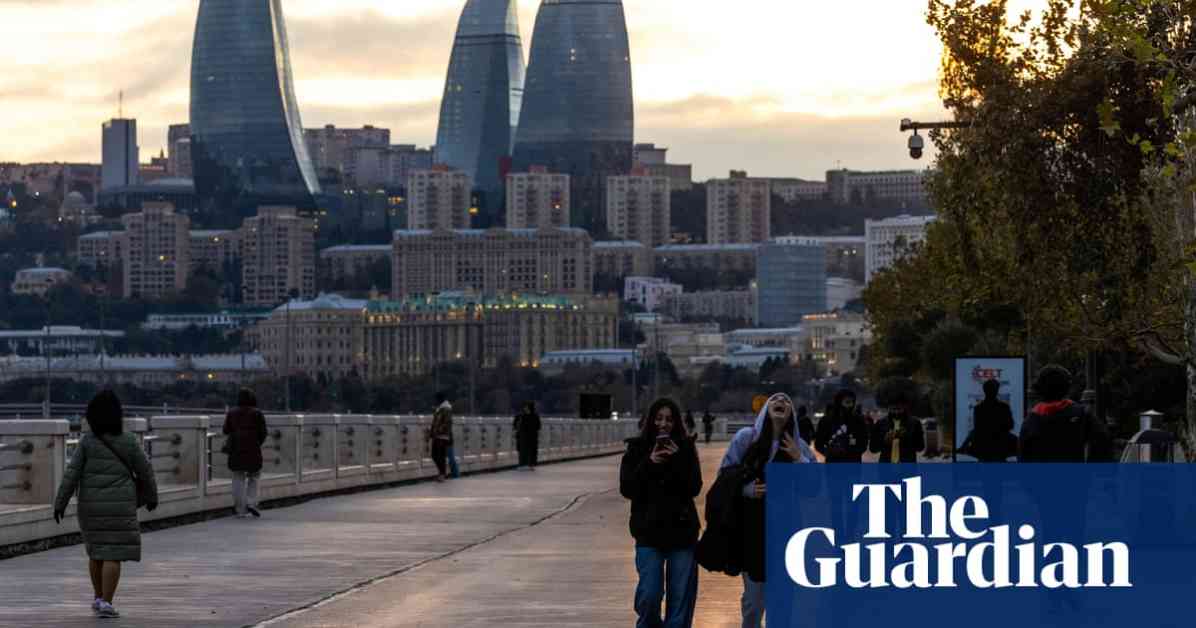Future UN climate summits may need a change in location and stricter guidelines, according to a group of influential climate policy experts. This group, which includes former UN secretary-general Ban Ki-moon, former president of Ireland Mary Robinson, former UN climate chief Christiana Figueres, and prominent climate scientist Johan Rockström, believes that the current process of annual “conferences of the parties” under the UN framework convention on climate change needs to be revamped.
The experts argue that the upcoming Cop29, currently taking place in Azerbaijan, is not the ideal location for such a critical summit. Azerbaijan, a major fossil fuel producer, has raised concerns about the integrity of the conference. Last year’s conference was also held in a petrostate, the United Arab Emirates, which further highlights the issue of hosting these events in countries heavily reliant on fossil fuels.
The group emphasizes the need for countries hosting these summits to demonstrate a clear commitment to climate action and the goals of the Paris agreement. They also call for stricter eligibility criteria to exclude countries that do not support transitioning away from fossil fuels. The influence of fossil fuel lobbyists at these conferences is another pressing issue that needs to be addressed, as they often outnumber representatives of scientific institutions and vulnerable nations.
At Cop29, the focus is on securing financial support for developing countries to help them reduce greenhouse gas emissions and adapt to the impacts of climate change. However, there is still a lack of consensus among developed countries on how much funding they are willing to provide and under what conditions. Campaigners are calling for polluters to bear the financial burden and contribute to climate finance for the most vulnerable nations.
Outside the formal negotiations, innovative financing solutions are being explored to bridge the funding gap. Proposals such as levying charges on cryptocurrencies, implementing a plastics production levy, and taxing frequent flyers and business class airline tickets are being considered. These measures could potentially generate significant revenue to support climate action efforts in developing countries.
The importance of financial solidarity between developed and developing nations in achieving the goals of the Paris agreement cannot be overstated. Climate justice is closely linked to fiscal justice, and all countries must contribute their fair share to fund the transition to a low-carbon economy. As discussions continue at Cop29 and beyond, finding sustainable financing solutions will be crucial to ensuring a more equitable and effective response to the climate crisis.












